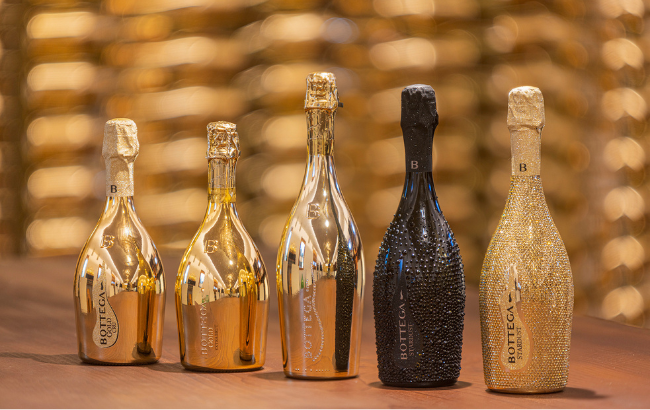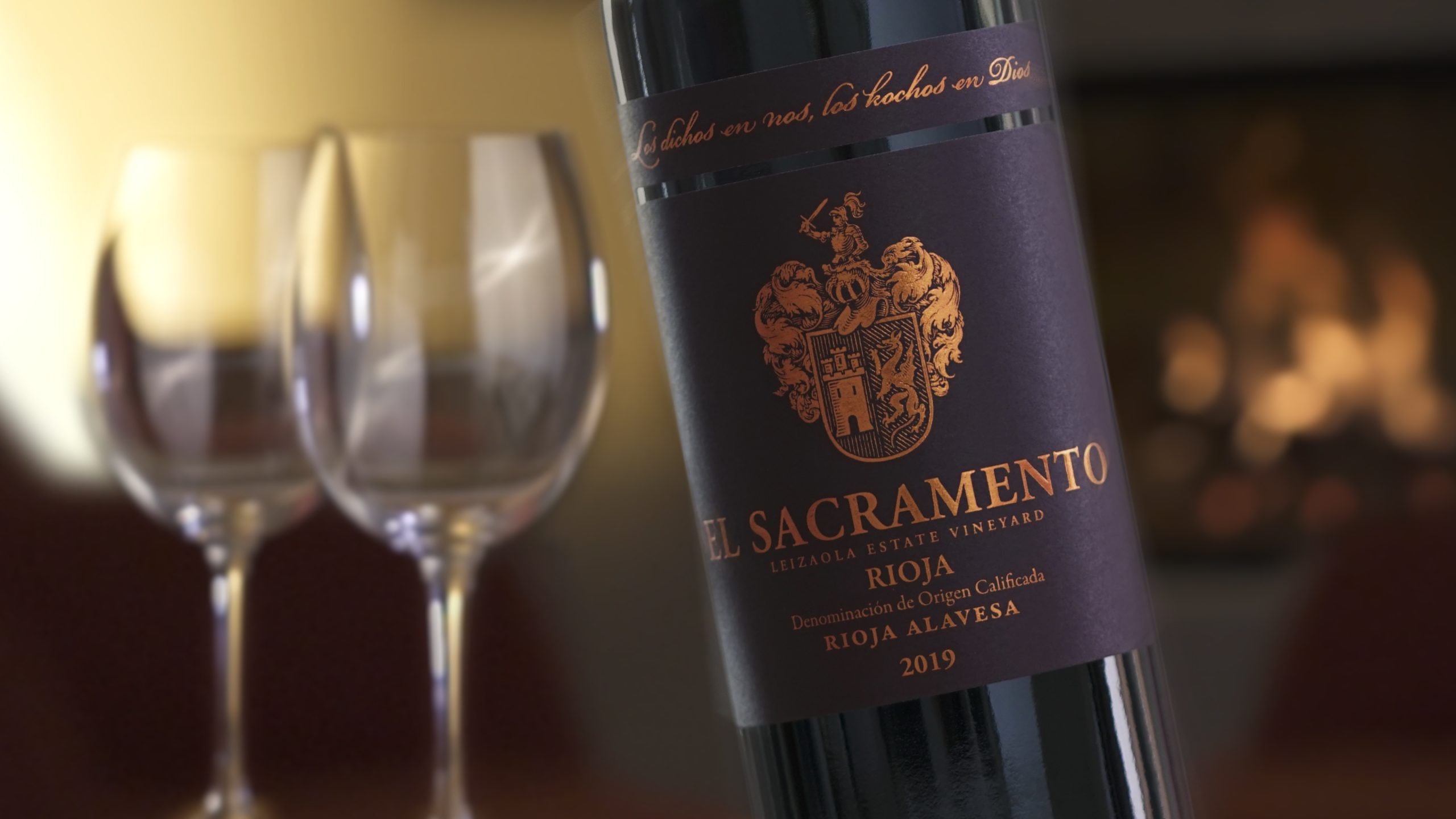Anger at Mosel Bridge green light
By Alan LodgeOpponents of a controversial giant bridge to be built through Germany’s historic wine country have expressed their disappointment after state coalition talks this week resulted in the bridge receiving the green light.
Pro-Mosel, a group of winemakers, businesspeople and residents of western Germany’s scenic Mosel Valley, said they were shocked by the outcome of the talks, which took place late on Monday.
"Residents of the area as well as numerous holidaymakers from across Germany expressed disappointment and even dismay over the result of the coalition negotiations, which foresees the continuation of works on the bridge," it said.
The group was angered in particular by the Green party, which had campaigned during hard-fought elections in Rhineland-Palatinate state in March against the four-lane motorway crossing, yet performed a u-turn in this week’s talks.
Opponents to the bridge say the project will not only spoil the scenery around the popular tourist destination, it could damage the delicate alchemy of the vineyards’ steep slopes, drainage and exposure to the sun which helps create the region’s celebrated Rieslings.
The Hochmoselübergang (Upper Mosel Crossing) has been in the pipeline since 1968 at the height of the Cold War, when thousands of US troops stationed in the region sought a faster link between their bases.
Over the course of the following 40 years, the project was subject to revised plans, court challenges and impact studies which the opponents said failed to address their key concerns.
2008 saw the introduction of an ultimately decisive stimulus package at a cost of around €330 million. The project is now slated for completion in 2016.
At its heart would be a 1.7-kilometre-long, 10-column bridge spanning two low mountains at a height of 158 metres.
Partner Content
Construction on the project began two years ago but a record 15% result in the state election by the Greens led opponents to hope they could stop it.
However the Greens on Monday ceded to their new coalition partners, the Social Democrats, with state party leader Eveline Lemke admitting that approving the bridge project was the "toughest thing to swallow" in the talks.
Expressing her exasperation, Sarah Washington, who has led the worldwide campaign against the building of the bridge, wrote on jancisrobinson.com: “Ultimately, the reason the Green negotiators did not listen to the intense pressure from the rest of Germany and the world was because they think it is better to rule than to stand on principle.
“In a federal system, each state can afford to ignore the outside world. There is no thought of what is best for Germany, of how to guide her future. Therefore it is unimaginable that there is a will to protect a unique culture that developed long before the country ever did.
“And once the voting is over, it is assumed that no one will remember in five years who did or said what. This strategy is a gamble, one that has been shown to rack up damaging costs in the long run. The only thing that many potential Green voters will remember is which party signed the agreement to build ‘the bridge the world did not want’.
“The thousands of people across the globe who believe to the bottom of their souls that this vandalism must not go ahead are too fragmented to affect political decisions here.”
Alan Lodge, 04.05.2011




